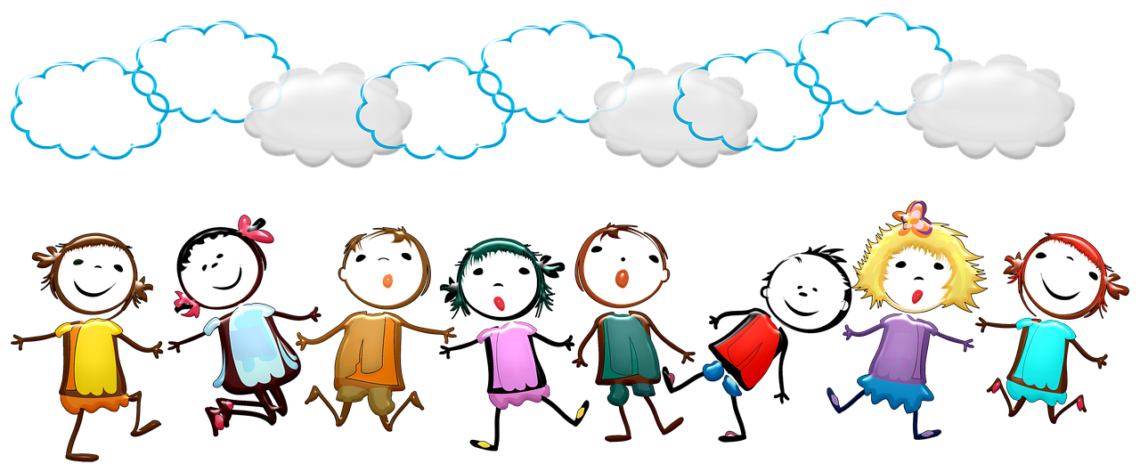EQ
Emotional Intelligence, EI
-
5 Misconceptions That Get In The Way Of Sustainable Success
Over the years, through my coaching work with the tech leaders and executives, I helped them uncover some of their misconceptions and limiting behaviors. Even though they were already successful in their careers, they accelerated their success more sustainably when they recognized and overcame such patterns. I have summarised the five main ones here. Misconception 1: Starting with Others’ Expectations We often start with what is expected of us and then comply with those – giving our time and talent in exchange for money, status, and validation. This mindset works for jobs mainly requiring manual labor and physical presence at the worksite. However, as knowledge workers and leaders, we must…
-
Direct Communication Doesn’t Have To Be Hurtful
Stuart, a mid-level leader at a corporate, came to me as he wanted to be more approachable. “I am very direct, but people take it negatively.” I want to influence without causing animosity. Megan, a director at a non-profit, had difficulty giving corrective feedback; she worried the recipient might get hurt, so she used a long-winded way that often got lost in translation. Stuart and Megan had limiting beliefs that direct and kind can’t happen simultaneously; you have to choose one or the other. But Brene Brown taught us, “Clear is kind. Unclear is unkind”. Brene Brown The purpose of direct communication is to convey the message as clearly as…
-
What Can We Learn From Will Smith’s Oscar Debacle
[I originally wrote this after the Oscars last year (March 2022).] Since the Oscars, my newsfeed has been flooded with the news and commentary about Will Smith slapping Chris Rock on stage when he made a rather insensitive joke about Will’s wife, Jada. Smith later apologized to Rock. “I was out of line, and I was wrong. I am embarrassed, and my actions were not indicative of the man I want to be. There is no place for violence in a world of love and kindness… I am a work in progress.” While this is celebrity news, we can relate to such incidents. Maybe not every one of us gets…
-
Super Mom Katherine’s Time Management Dilemma
On my way to walk this morning, I saw my neighbor Katherine in her signature pink sweatshirt. Both of us were glad to have company for the walk. The weather was exceptionally nice for a Seattle morning; the temperature was mild, and the sky was clear with the golden rays of sun sparkling on 84th avenue, my usual walking route. After a small talk, I asked Katherine how she was doing at the new job she had started recently. “I am not there yet; I need to start making some boundaries for all my responsibilities, my work, my children, my parents…” she started. My question just hit the center of…
-
Conversations To Foster Greater Understanding
Recently this post by an organizational psychologist at Wharton, Adam Grant, went viral on LinkedIn. He said: The clearest sign of intellectual chemistry isn’t agreeing with someone. It’s enjoying your disagreements with them. Harmony is the pleasing arrangement of different tones, voices, or instruments, not the combination of identical sounds. Creative tension makes beautiful music. I commented there, which became most popular on that post (80+ likes and 20 comments). I would add, keeping the intention of understanding as the purpose, and not so much of agreement or disagreement. That way, it becomes less subjective. For example: instead of “I disagree,” one can say, “Can you give me an example where…
-
Caterpillars to Butterflies : Human Maturity Stages
When I ask “What do YOU want” people sometimes get confused. Common responses are: “Wouldn’t that be selfish”? “I always think about others, I want others to be happy; am I not supposed to do that way”? Awareness of renowned development psychologist Robert Kegan’s Human Maturity Stages may help understand the dilemma. Kegan said humans go through several major stages of maturity in their lifetime. And not everyone reaches all of them in their lifetime. Ego Centric Self (Stage 0-2) This is typically the stage from birth to adolescence. At this stage, the earth revolves around them. Others are there to fulfill their needs. They hardly have the capacity to feel…
-
Feeling – A Vital Missing Part from the Thinker’s Head
“What do you feel now?” I ask my client Tom in the middle of our session. “I think it is, …”, he replies. “What do you feel”, I ask persistently. “Well, I think it could be …”; little baffled, Tom reiterates his thoughts. In Tom’s mind “feeling” is a synonym of “thinking”, he(who is an engineer) lives and breathes in his head, the rest of the body underneath merely serves as a pedestal for his head! Tom is not alone. When I first came for my coach training I had a hard time with these “feeling’ questions. I didn’t know much about it other than, feeling good or bad. Then…
-
Brainstorming? Focus On 10% Right
As engineers and tech leaders, we are rewarded for our analytical skills in finding code defects and design issues early on. We often keep applying this same trait to the people we work with. When we hear an idea, we find the possible shortcomings and “defects” and point those out. With all good intentions, we assume it will be efficient if we say it sooner, as it will save time for everyone. The downside of this approach is we are dealing with people who have emotions and egos. When we shoot down someone’s idea, we hurt their feelings – they feel discouraged and unappreciated. Eventually, we lose their engagement in…
-
Reactivity To Thoughtfulness – A Corporate Leader’s Journey
“He doesn’t work well with others.” “He has issues dealing with bad news.” “He is a star performer, but he is lacking executive presence.” These are some of the typical “pain points” in organizations. Leaders often spend a lot of time, energy, and money on these symptoms, throw expensive training with minimal sustainable impact. My experience says these are mostly symptoms; a coach approach can help uncover and address the underlying issues to create a long-lasting positive change. Here is the story of a mid-level manager at a large tech organization. Let’s call him Peter. Peter’s issue was poor conflict management. He had a hard time letting go. Hearing the story…
-
“Why Does It Bother Me?” Why We React So Much By Other’s Opinions
It was the Spring of 2011; I was volunteering as a treasurer for a non-profit organization. My motivation was to hone my accounting skills while expanding my network. It was going well for the most part, except for one small problem. One of the old members started giving me unsolicited advice on how to do my job. At first, I tried to ignore her, but eventually, it pushed me over the edge. Being relatively new to the team, I decided to talk to someone I trusted. Fortunately, this trusted member was a coach. She empathized with me that the other member wasn’t being respectful. Then she asked, “Why does it…








